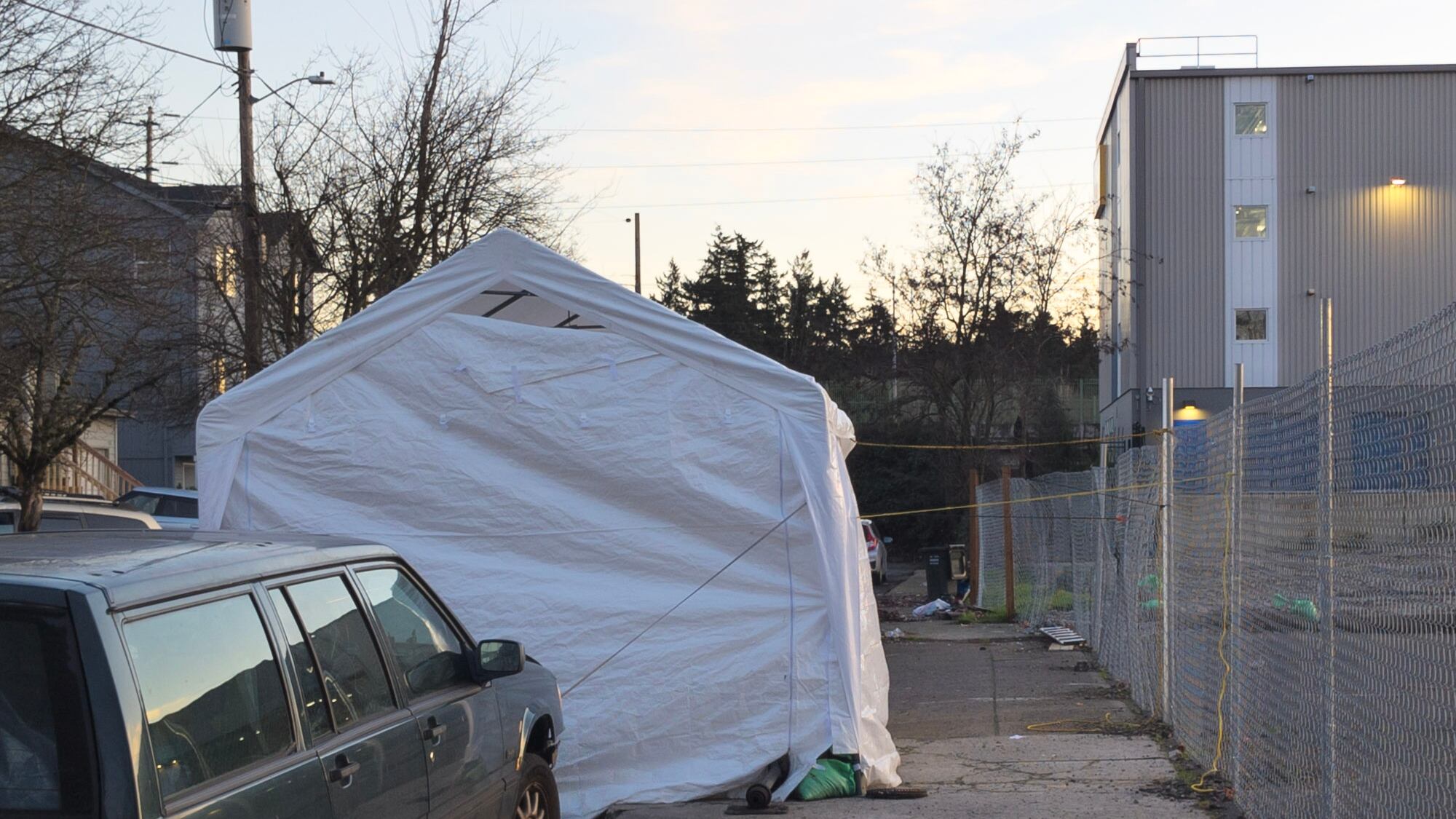Last week, Metro President Lynn Peterson laid out a ballot measure proposal that, if approved by voters, would allow money from the regional government’s supportive housing services tax to be used to create affordable housing. The tax, passed in 2020, is legally allowed to be spent only on homeless services, not on building affordable housing. But Peterson wants to change that by sending the question to Metro voters on the May 2025 ballot. The measure would also include a 25-year extension of the tax and an eventual lowering of the tax rate on high-income households.
In a Friday afternoon letter, the Multnomah County Board of Commissioners urged the Metro Council to kill Peterson’s idea.
“Now is not the time to make radical changes to the SHS Program that could reduce our ability to make progress,” wrote the five-member county board. “We ask that the Metro Council hold off on making changes until we better understand the overall impact of these changes, including reductions in revenue.”
The homeless services tax rate is 1% on income over $125,000 for single filers and on income over $200,000 for joint filers. Metro, which collects the tax, distributes it among Clackamas, Multnomah and Washington counties.
In the fall, metro-area business leaders and major service providers told Peterson they’d come to an agreement on how to alter the SHS tax. Their compromise was to extend the tax until 2050 (it’s set to expire in 2030), slightly lower the tax rate to ease the burden on taxpayers, and allow a portion of the revenue to be used to create affordable housing. For much of 2024, leaders of the three counties to which Metro disburses the tax revenue balked at the proposal, saying it would disrupt the progress they’d made on stemming the tide of unsheltered homelessness.
Peterson’s measure, which proposes extending the tax to 2050, lowering the marginal income tax from 1% to 0.75% in 2031, and allowing it to be used to build affordable housing, mirrored much of what the service providers and business leaders agreed on.
But the county’s Friday letter makes clear little has changed. It wants to keep the SHS tax as is, and not allow it to be used to build affordable housing.
“As we see it, based on the most recent polling conducted by Metro, we do not see significant support for a ballot measure that would pass in May the way it’s proposed now,” the letter reads. “It would be a mistake to take this to the voters prematurely.”
The board urged the seven-member Metro Council to “pause on a ballot referendum until we have an agreed upon and politically viable plan going forward.”
While Multnomah County’s initial struggles to spend its SHS dollars in a timely manner are well documented, county spokesman Denis Theriault says the Joint Office of Homeless Services has made significant strides and is now spending all of its tax dollars on time. “This fiscal year, we are meeting our projected spending levels,” Theriault says.
Metro spokesman Nick Christensen said in response to the board’s letter: “We’ve had more than a year of conversation, discussion and listening on reforms to the Supportive Housing Services program. We’ve heard clearly what the needs and priorities are for reform and extension. We know we need oversight reforms, whether or not council decides to refer a ballot measure. Delaying a referral limits our ability to make housing an eligible use and secure the extension that would provide stability to the people receiving these services.”

